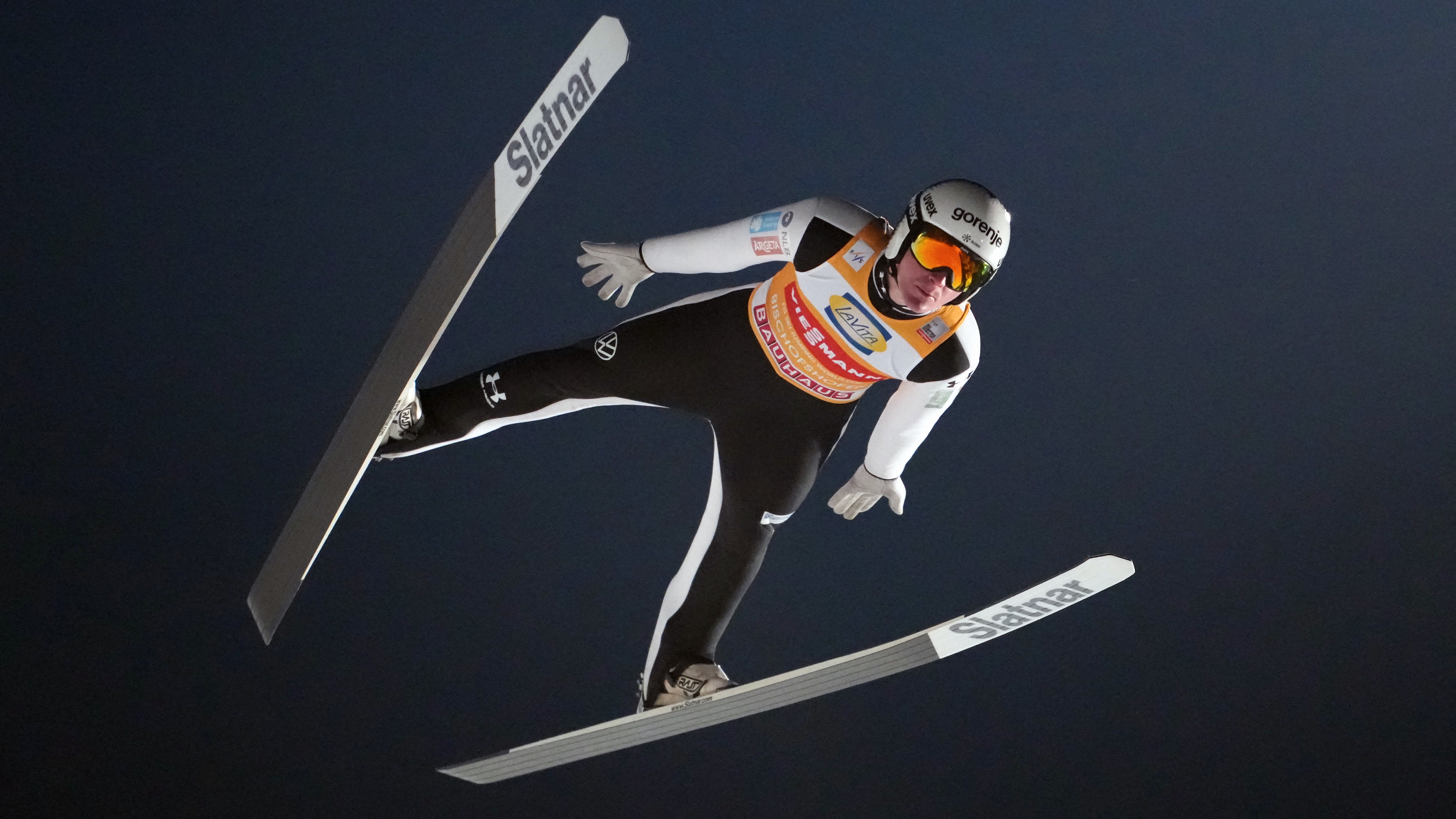Running is my secret to falling asleep fast night after night — here's why it works, according to a sleep specialist
A sleep and circadian scientist explains why exercise helps me sleep
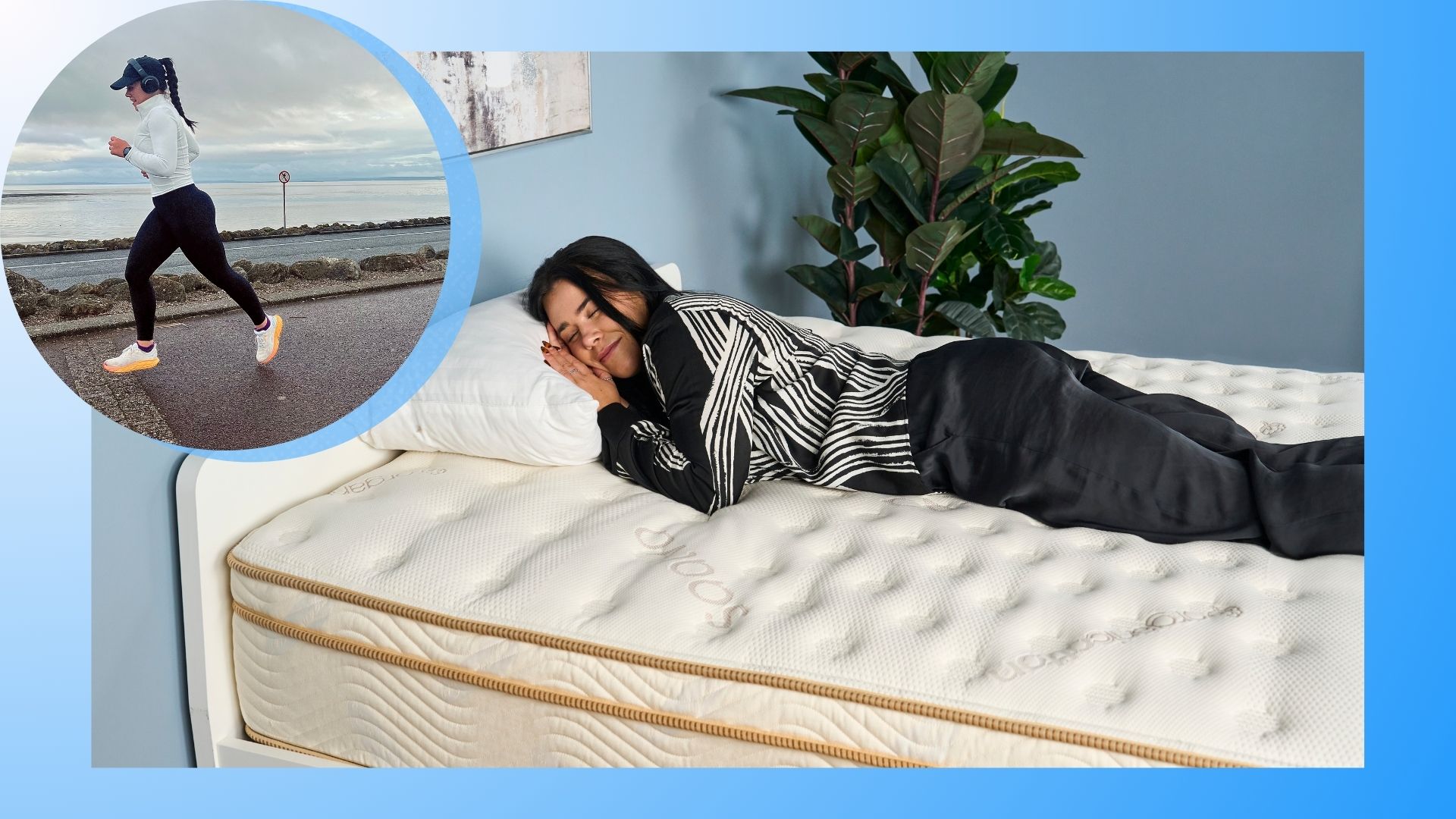
Here at Tom’s Guide our expert editors are committed to bringing you the best news, reviews and guides to help you stay informed and ahead of the curve!
You are now subscribed
Your newsletter sign-up was successful
Want to add more newsletters?

Daily (Mon-Sun)
Tom's Guide Daily
Sign up to get the latest updates on all of your favorite content! From cutting-edge tech news and the hottest streaming buzz to unbeatable deals on the best products and in-depth reviews, we’ve got you covered.

Weekly on Thursday
Tom's AI Guide
Be AI savvy with your weekly newsletter summing up all the biggest AI news you need to know. Plus, analysis from our AI editor and tips on how to use the latest AI tools!

Weekly on Friday
Tom's iGuide
Unlock the vast world of Apple news straight to your inbox. With coverage on everything from exciting product launches to essential software updates, this is your go-to source for the latest updates on all the best Apple content.

Weekly on Monday
Tom's Streaming Guide
Our weekly newsletter is expertly crafted to immerse you in the world of streaming. Stay updated on the latest releases and our top recommendations across your favorite streaming platforms.
Join the club
Get full access to premium articles, exclusive features and a growing list of member rewards.
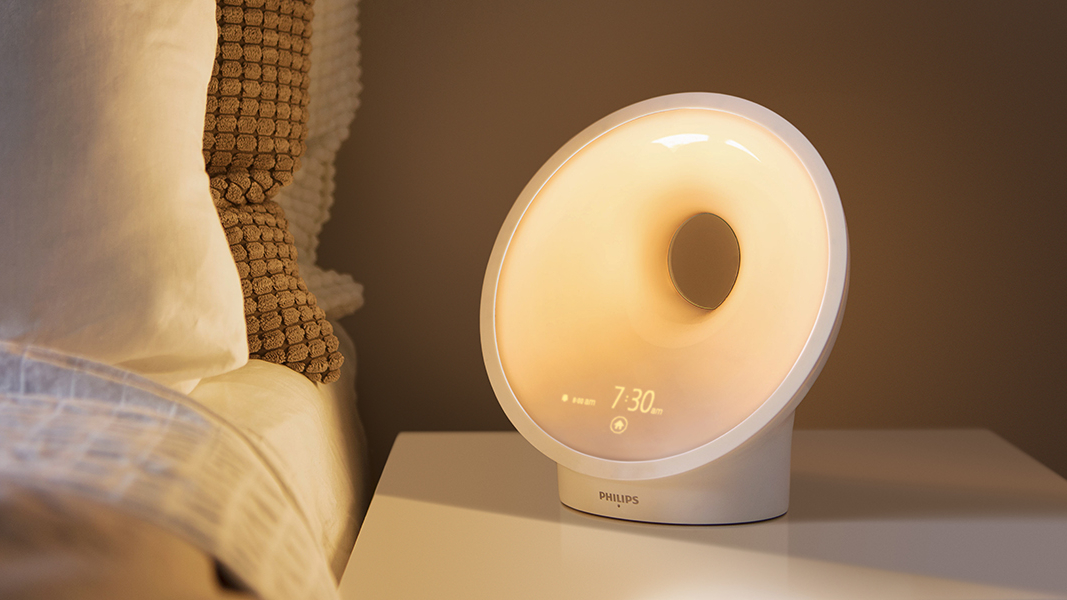
Investing in the best sunrise alarm clock means you'll wake up to a sunny day even in the depths of winter — perfect for your morning run
Besides Strava kudos, if there's one thing I get out of running it's a solid sleep schedule and ace sleep scores.
I run four times a week and credit this habit (alongside sleeping on one of this year's best mattresses) for keeping my sleep scores in the 90s.
Generally, I sleep seven to eight hours a night, spending plenty of time in each essential sleep stage according to my trusty sleep trackers.
Running means I spend plenty of time outdoors, balance my energy levels and am usually sleeping by 10pm at night. Ahead I'll delve into why this is, with expertise from sleep and circadian scientist at the UK Sports Institute, Dr Luke Gupta.
Exercise your way to better sleep
There is a two-way relationship between sleep and exercise. Getting adequate exercise paves the way to good sleep, while sleeping well boosts your physical performance.
A recent scientific review published in the Biological Timing and Sleep journal concludes regular exercise is an effective method for improving sleep health.
From my own experience, I can vouch that I sleep best during nights after an early morning run. But, I'm not suggesting everyone runs 20+ miles a week as that’s not realistic for everyone.
Get instant access to breaking news, the hottest reviews, great deals and helpful tips.
Even something as simple as a daily walk can have serious sleep benefits and have a positive impact on sleep disorders. For example, research published in the Journal of Clinical Sleep Medicine found a daily walk can reduce your risk of sleep apnea by 10%.
3 ways running helps me sleep
From literally tiring me out to regulating my body clock, there are many ways my running schedule helps me sleep peacefully...
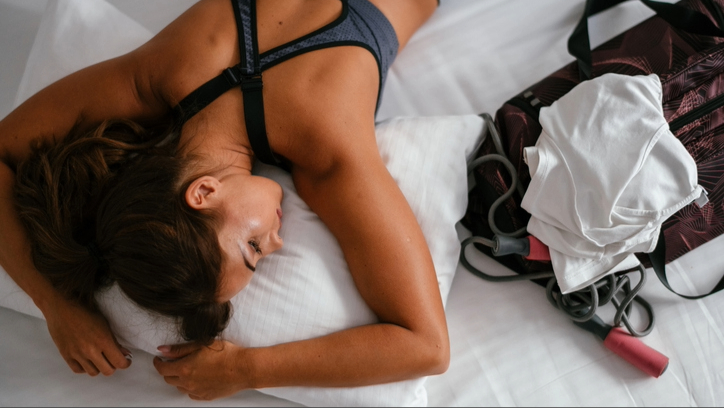
Builds up sleep drive
On the most literal level, exercise physically tires you out so you feel more sleepy at night. Dr. Gupta explains that physical activity stimulates cardiovascular and nervous systems, which creates a greater need for restorative rest.
As the body works to recover muscles post-exercise, it produces more adenosine — a chemical that makes you feel tired and ready to sleep. "With more adenosine present, the body’s natural pressure to sleep is greater," says Dr. Gupta.
Exercising also means you're more likely to get better quality sleep with plenty of time spent in deep sleep, which is when your muscles recover from training, according to recent research.
Helps align my circadian rhythm
I usually run first thing in the morning around 7am and this does wonders for my body clock. Seriously, there's no wake up call like pounding the pavements for an hour or so, but it also helps align my sleep-wake hormone cycles.
It means I'm out in daylight first thing which has great sleep benefits. Getting morning sunlight supresses the sleepy hormone melatonin and moving your body boosts the alertness hormone cortisol.
In turn, my circadian rhythm lines up to natural light patterns and I feel energised for the day ahead.
By the time evening roles around, my body knows it's time to produce melatonin again and and fall asleep fast.
Reduces stress and anxiety
As you've probably heard many "run-fluencers" say on Instagram, running is a form of therapy. Dr. Gupta also explains running can help you manage the "cognitive and emotional elements of sleep".
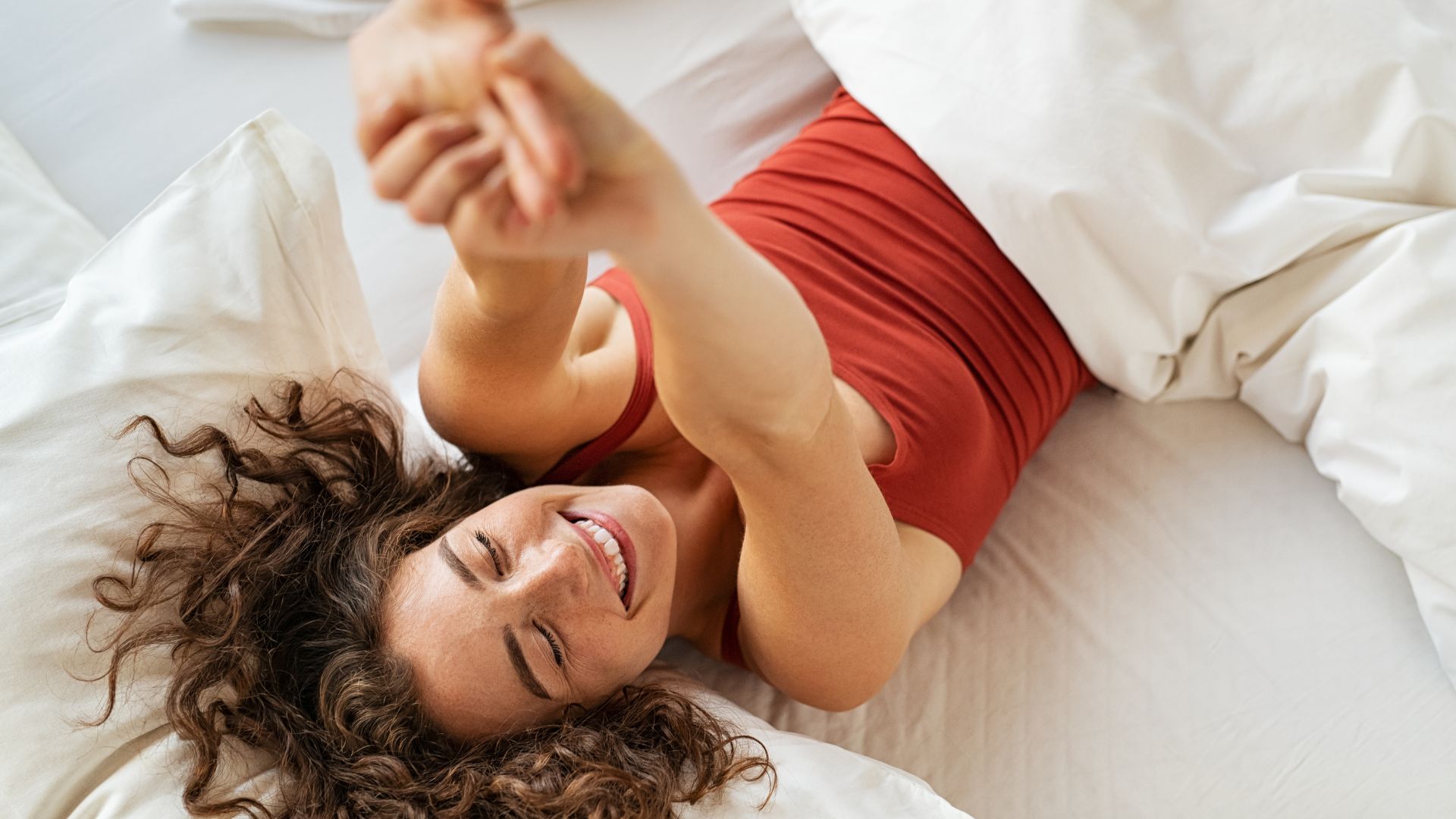
By boosting endorphins (aka happy chemicals in the brain), running offers an effective way to manage stress levels.
As stress and anxiety are common causes of sleeplessness (hello racing thoughts at night), running's mental-health-boosting benefits translate to sleep benefits too.
I'm an overthinker but my busy brain feels noticeably calmer on days where I've ran. By the time I climb into bed at night, I'm able to wind down easier and fall asleep without having to call upon cognitive shuffling (though I recommend this sleep method if you are struggling to sleep due to a anxious thoughts).
Exercise tips for better sleep
It's easy to say 'exercise more, sleep more', but there are some things to be aware of to make sure you optimize your fitness schedule for the best quality sleep. Here are my top tips...
1. Time it right
My number one tip for exercising for better sleep is get intense sessions done in the morning and gentler exercise in some evening.
Vigorous exercise hikes your body temperature, counteracting the drop in temperature needed to sleep peacefully. Therefore, it's better to do intense exercise earlier in the day so your body has fully cooled down before it's time to sleep.
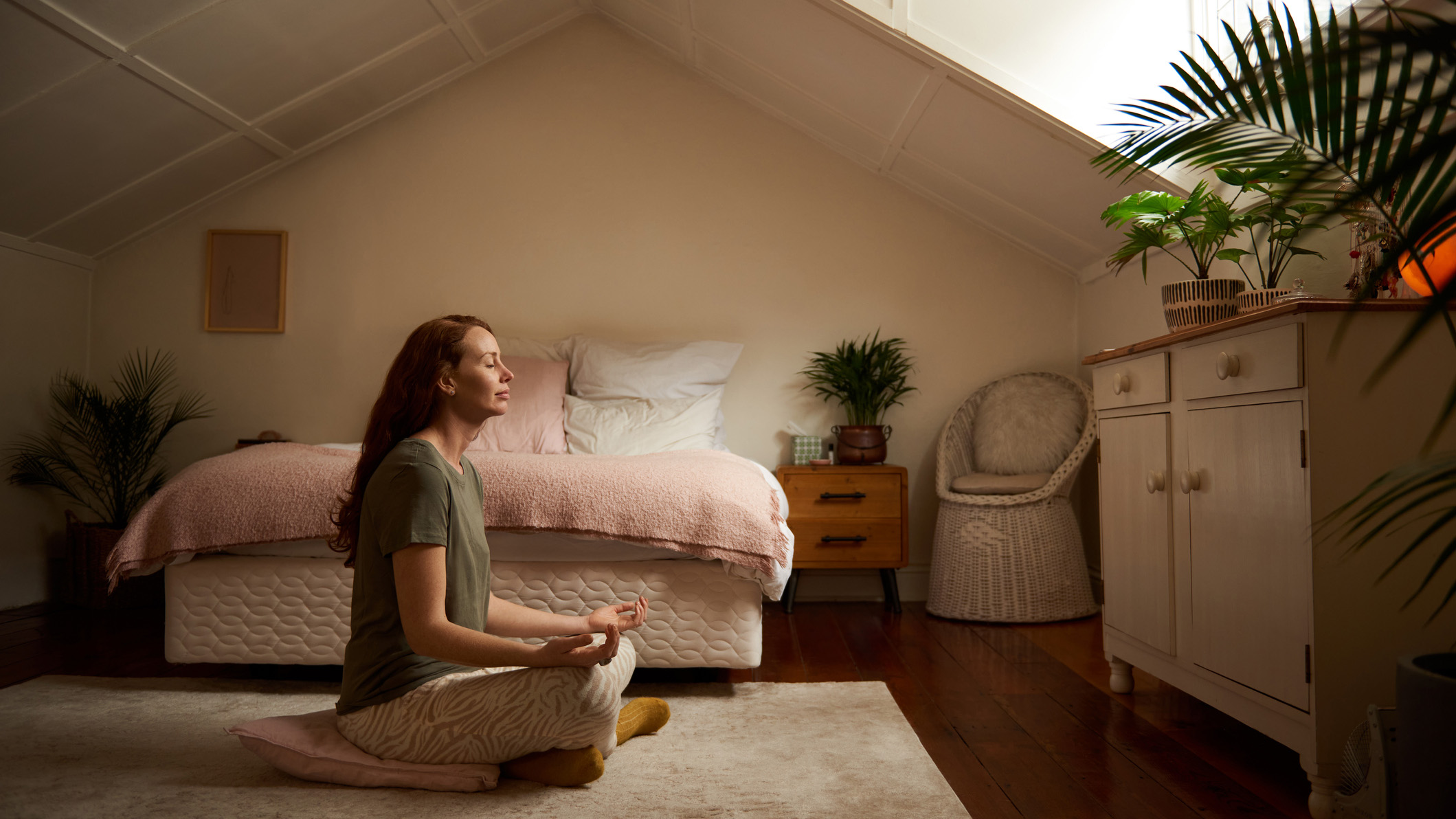
Meanwhile, studies show low-intensity forms of exercise like yoga, Tai Chi, walking are more effective than other exercises at boosting sleep quality.
This research found yoga in particular increased total sleep time, improved sleep efficiency, reduced wake time after sleep onset and shortened sleep latency (the time it takes to fall asleep).
Therefore, I recommend stretching before bed for better sleep. I regularly incorporate a 10 to 15 minute stretch session into my nighttime routine and find it helps calm my mind and relax my muscles before bed so it's easier to nod off.
If you're struggling to find time to exercise before bed, the drunken monkey sleep hack can help. Ignore the stupid name; this TikTok trend encourages light movement to prepare you for sleep.
2. Refuel
You burn through a lot of fuel during intense exercise and this means you need to replenish your energy stores not only for your muscles to recover, but also so you sleep well at night.
Without proper post-exercise nutrition, your body can remain in a state of stress which makes drifting off into peaceful sleep a hard task. Eating plenty after exercise will also mean you avoid nighttime hunger pangs that can disrupt sleep.
3. Don't overdo it
While exercise is great for sleep, overtraining can lead to poor quality sleep. This is because excessive exercise causes physiological stress and increases cortisol levels.
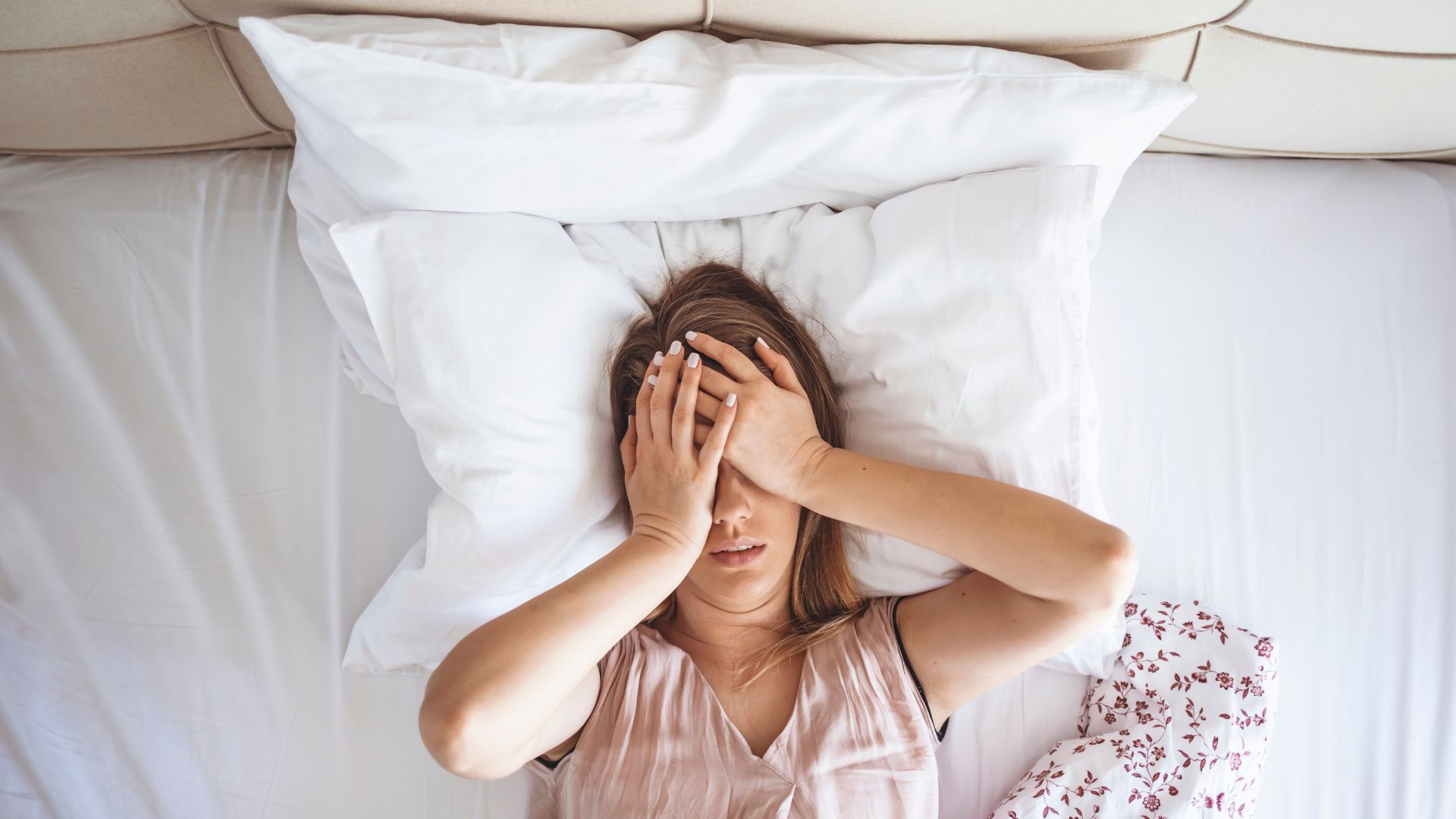
If you don't allow your body enough time to rest and recuperate between exercise sessions, these levels will remain high, making it harder to drop off and get good quality sleep at night. As a result, you will feel fatigued.
Dr. Gupta adds that doing a lot of training can compromise your immune response causing sleep-disrupting illness. Therefore, it's important to be mindful of the amount of intense training your doing for the best sleep outcomes.

Eve is a sleep tech product tester and writer at Tom's Guide, covering everything from smart beds and sleep trackers, to sleep earbuds and sunrise alarm clocks. Eve is a PPA-accredited journalist with an MA in Magazine Journalism, and has four years’ experience writing features and news. In her role as Sleep Tech Product Tester and Writer for Tom's Guide, Eve is constantly trying out and reviewing the latest sleep products from brands such as Apple, Garmin, Whoop, Hatch, Sleep Number, Eight Sleep, and Oura. A fitness enthusiast who completed the London Marathon earlier this year, Eve loves exploring the relationship between good sleep, overall health, and physical performance, and how great sleep tech can make that relationship even better.
You must confirm your public display name before commenting
Please logout and then login again, you will then be prompted to enter your display name.
 Club Benefits
Club Benefits










